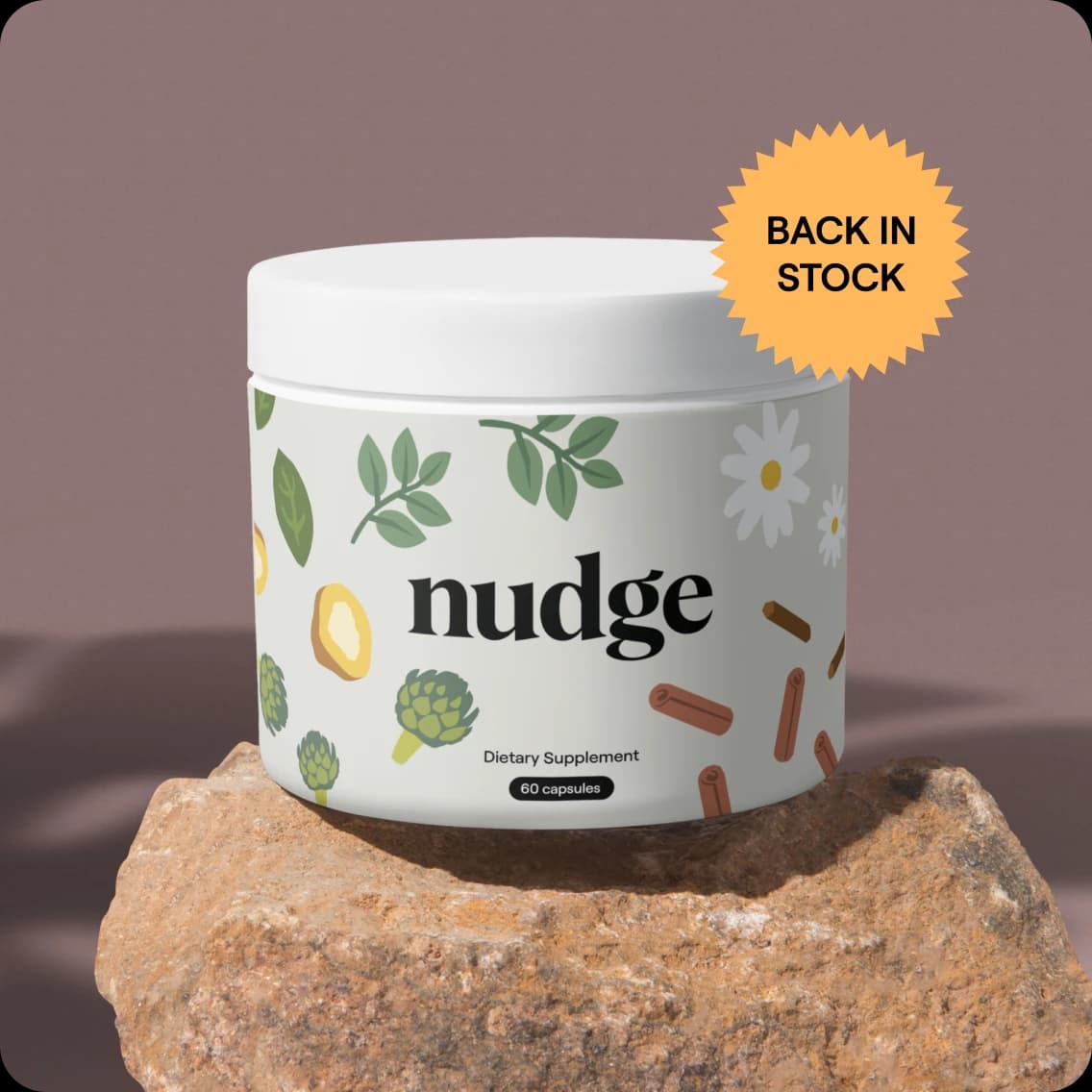
100+ Reviews
Better,
cleaner poops
All-natural supplement for better digestion
Promote better digestion, with natural ingredients clinically shown to:
- Improve gut motility by 25%
- Digest FODMAPs and hard-to-digest fibers
- Reduce cortisol levels by 10%
- Replenishes essential vitamins and minerals
- Fights bad bacteria in the small intestines
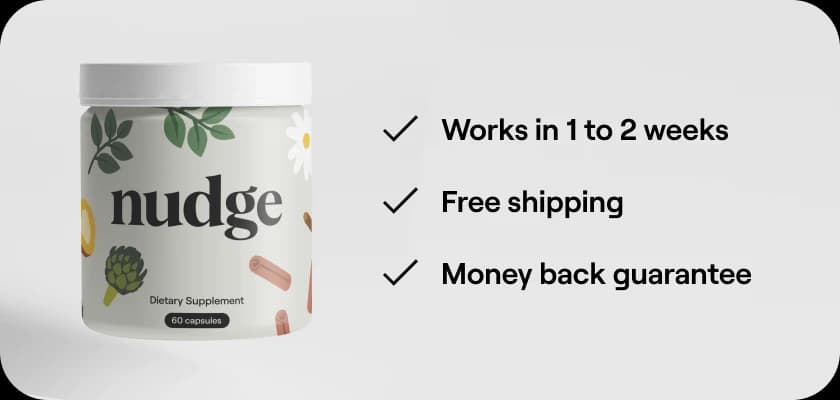
Say hello
to better digestion
Nudge works by attacking the 5 underlying causes of your IBS flare-ups.
Gut motility
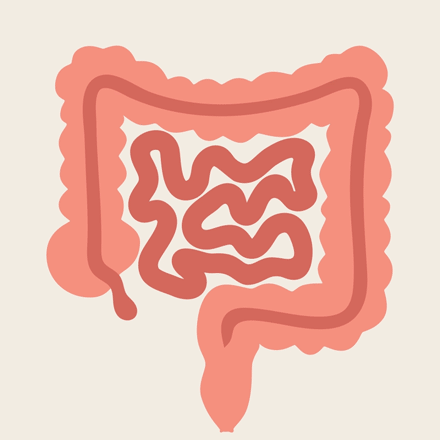
When the gut doesn't efficiently move food through the intestinal tract, it can lead to bacterial overgrowth, followed by discomfort and bloating.
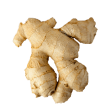

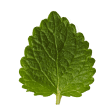
Nudge infuses the small intestines with motility-activating agents like ginger, artichoke, and lemon balm, promoting healthy movement within the gut.
Stress
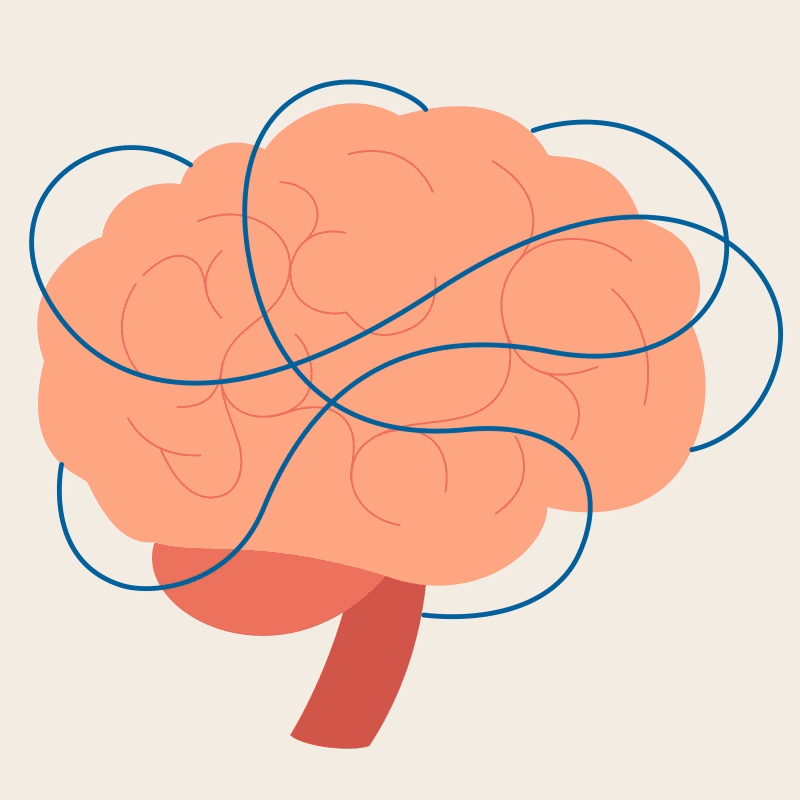
When you're feeling stressed, your stress can affect inflammation levels in the gut, which in turn can lead to discomfort and bloating.



The Nudge formulation comes with ashwagandha to balance elevated cortisol levels, as well as chamomile to calm inflammation within the gut.
Food intolerances

When you eat foods high in FODMAPs (hard-to-digest sugars), it can feed bad bacterial in your gut, leading to bacterial overgrowth and discomfort.

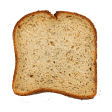

Nudge comes with a proprietary digestive enzyme blend that helps digest FODMAPs, helping you eat more foods comfortably.
Core nutrition
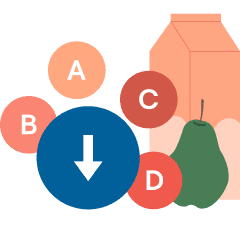
When you have IBS, you may develop vitamin and mineral deficiencies which can further exacerbate your IBS, creating a negative nutrient cycle.
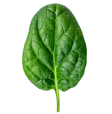
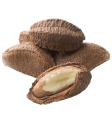
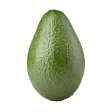
Nudge replenishes the body with nutrients commonly deficient vitamins and minerals, helping you break out of the negative nutrient cycle.
Inflammation
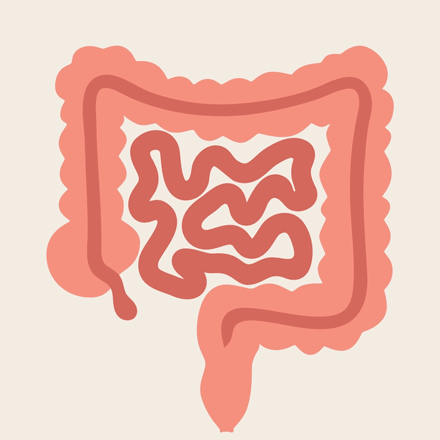
When the gut is inflamed, it leads to a range of symptoms including diarrhea, bloating, and constipation.


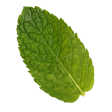
Nudge helps combat inflammation through calming ingredients such as ginger, chamomile, and peppermint.
9 natural ingredients to minimize flare-ups






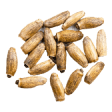
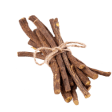
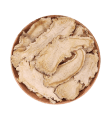
100% Natural ingredients
100% Vegan
100% drug free
Gluten free
Non-GMO
Made in USA
Third-party tested
No need to refrigerate
What people are saying
Jordan
@jordan.moves
“Nudge was a game-changer for me—I get fewer IBS flare-ups and cleaner poops, which makes life so much more comfortable.”
Alex
@alexstoneart
“With Nudge, my bathroom trips are easier and cleaner, giving me the confidence to embrace every moment without worrying about digestion.”
Miguel
@miguelsantoshq
“I used to dread bloating and gas, but Nudge calmed my IBS and left me feeling lighter, more energetic, and free to be myself.”
What to expect with Nudge
Week 1
Reduced bloating and gas
After a few days of Nudge, when you take difficult-to-digest foods, such as FODMAPs, you will feel reduced feelings of indigestion like bloating and gas.
380mg proprietary enzyme blend Improved digestion of FODMAPs
Month 1
Improved digestion and regularity
After 1 months of daily Nudge use, you will feel improved gastric emptying speed (a measure of digestive health), along with improved regularity of bowel movements.
25% improved gastric emptying speed Decrease in IBS symptom severity
Month 2
Lowered inflammation and stress levels
Deep change is happening throughout your body: as stress and inflammation levels decrease, your body becomes less prone to further IBS flare-ups and your digestive health will see a better day.
10% decrease in cortisol levels Reduction in inflammatory markers (TNF-o, IL-6)
Clinically-proven results
The 12+ clinical studies are clear: the ingredients in Nudge are the best, most powerful natural supplements to manage IBS.
Nudge helps digest your favorite foods
Nudge contains 12 digestive enzymes to help you digest high-FODMAP foods
Compare Nudge against
alternatives
Motility Aids | Stress Supplements | Digestives Enzymes | Inflammation Aids | Multivitamins | ||
|---|---|---|---|---|---|---|
Promotes Gut Motility | ||||||
Manages Stress | ||||||
Boost Digestion | ||||||
Soothes Inflammation | ||||||
Support Nutrition |
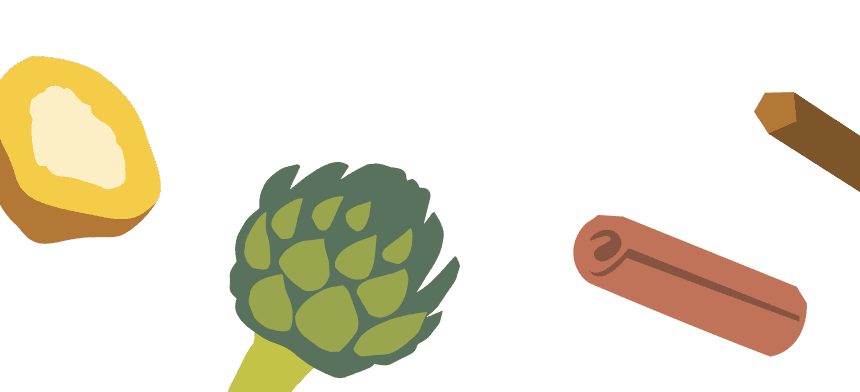
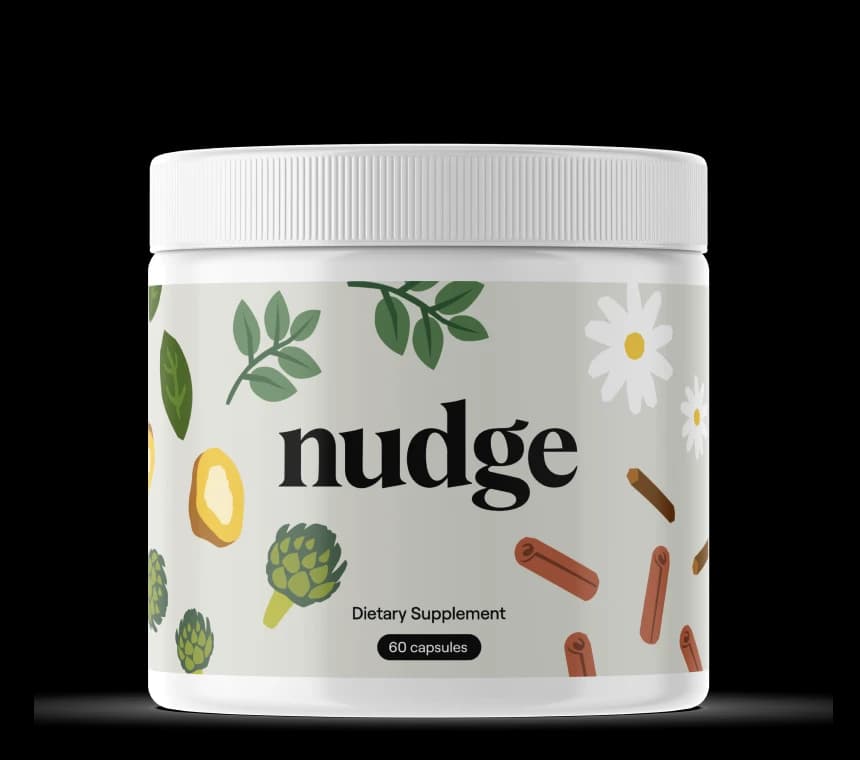
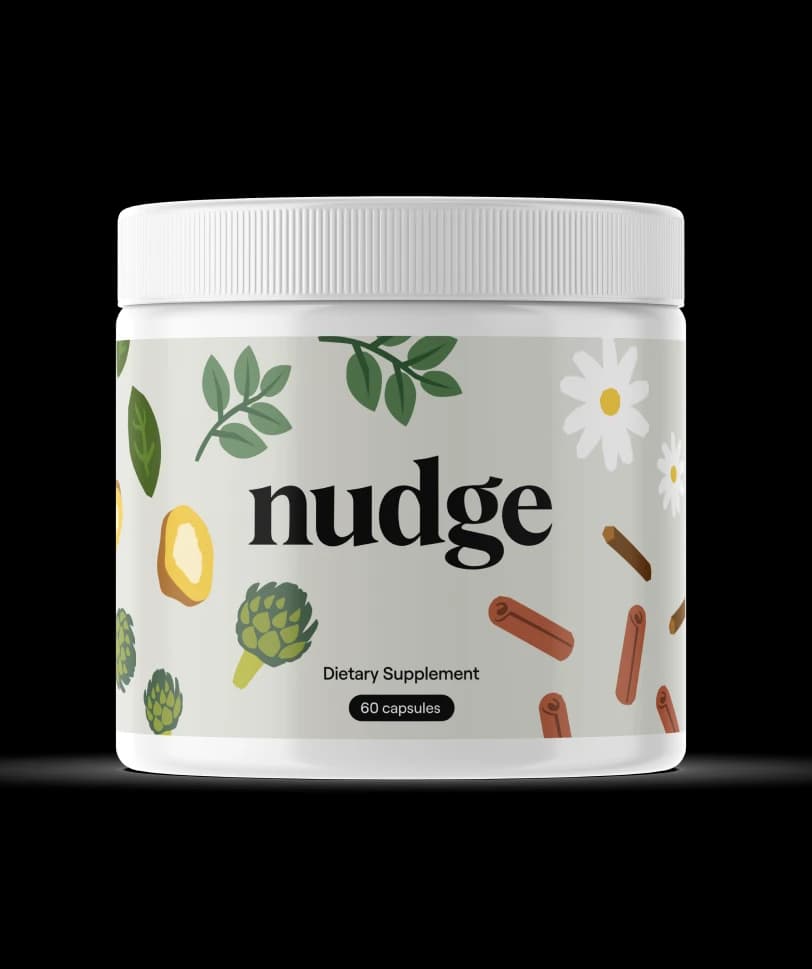
100+ Reviews
Better,
cleaner poops
You'll receive a monthly order of Nudge shipped to your door. 100% risk free.



